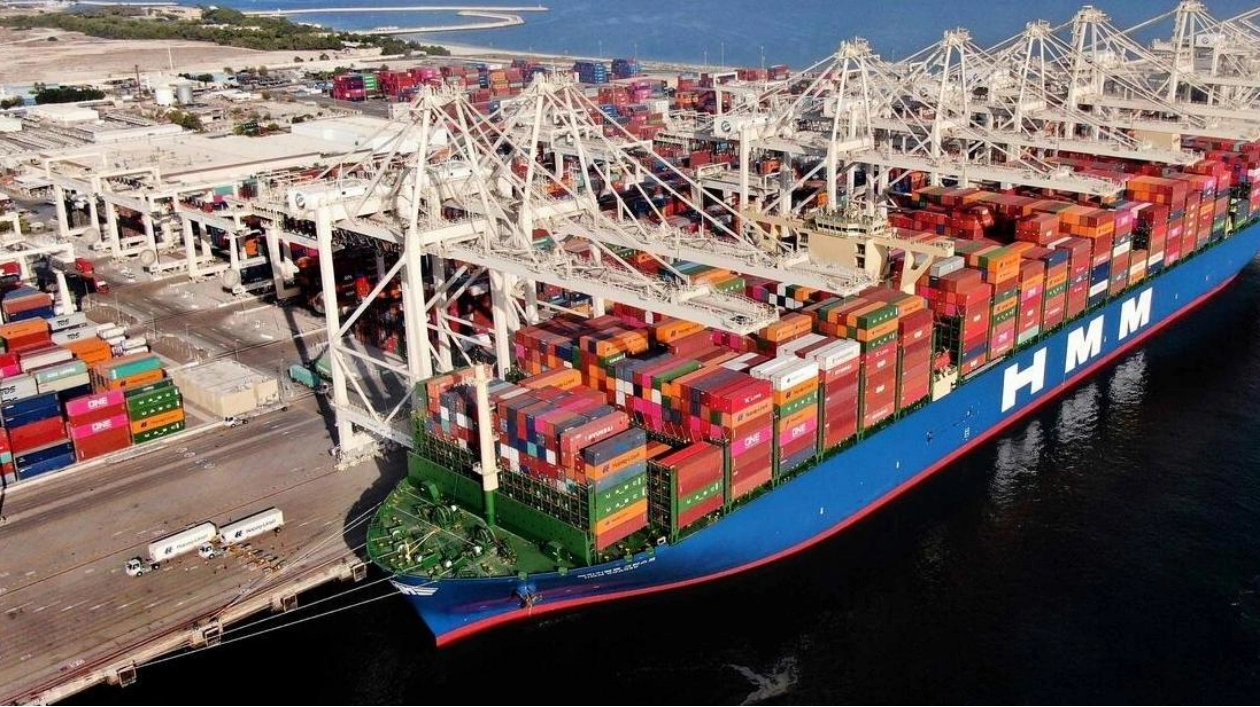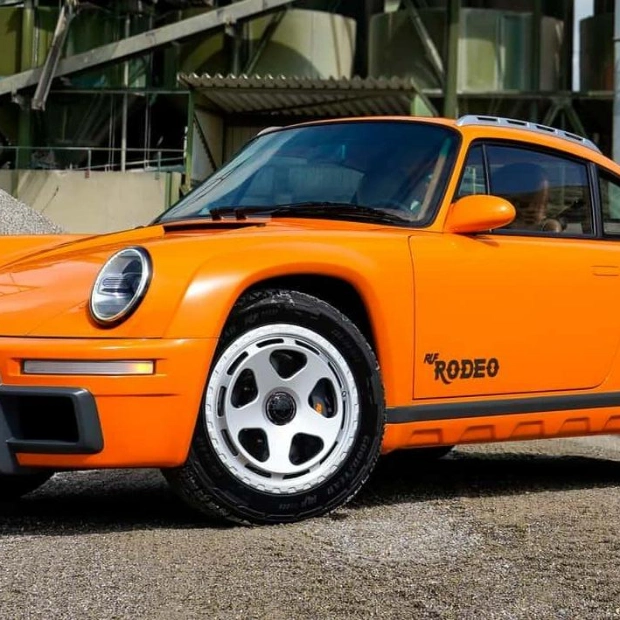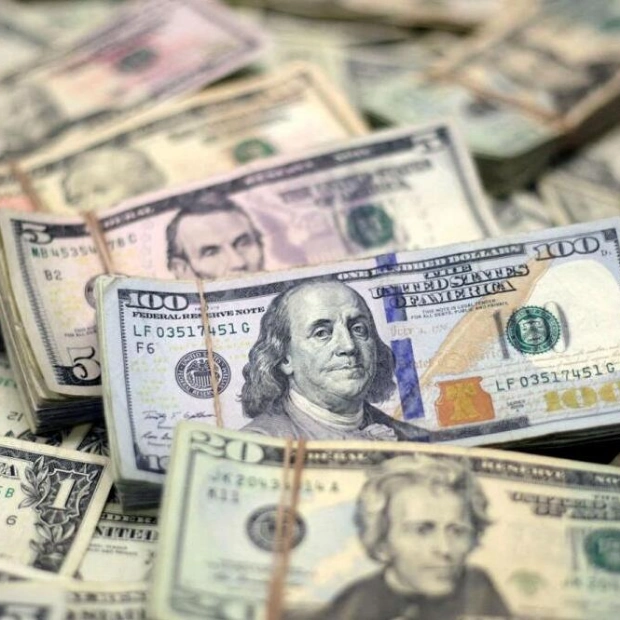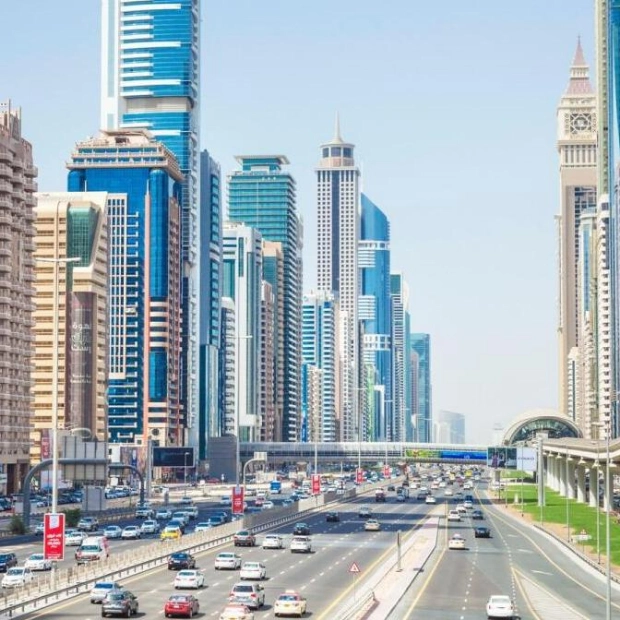The visionary $20 billion transcontinental India-Middle East Europe Economic Corridor (IMEC) plan, which heralds a 'new era of international connectivity,' received a significant boost as leaders from the UAE and the US reaffirmed their commitment to this strategic initiative. During his recent meeting with US President Joe Biden, President Sheikh Mohamed discussed the progress of this landmark corridor and emphasized its potential to usher in a 'new era of international connectivity.' Work on the India-UAE segment of the IMEC, envisioned as a counter to China’s Belt and Road Initiative, is set to commence with the imminent launch of a digital platform for information exchange between ports in the two countries.
The ambitious project was unveiled at the G20 Leaders' Summit in New Delhi last year. Upon completion, it will connect India via ship-to-rail links through the UAE, Saudi Arabia, Jordan, Israel, and Europe via Greece. In a joint statement following their meeting at the White House, Sheikh Mohamed and Biden reiterated that the corridor will stimulate economic growth, enhance efficiency, reduce greenhouse gas emissions, and facilitate the transformative integration of Asia, Europe, and the Middle East. They also highlighted the importance of joint initiatives to promote a circular economy and advance sustainable practices, emphasizing their commitment to innovation for resource efficiency and environmentally responsible growth.
IMEC, a proposed 4,800 km route comprising a railroad, ship-to-rail networks, and road transport routes, consists of two trade corridors: the East Corridor connecting India to the Arabian Gulf, and the Northern Corridor linking the Gulf to Europe. Announced in September 2023 in New Delhi during the G20 Summit, IMEC aims to provide a cost-effective and reliable cross-border ship-to-rail transit network to complement existing maritime shipping. This ambitious project seeks to increase efficiency, reduce costs, secure regional supply chains, enhance trade accessibility, foster economic cooperation, generate jobs, and lower greenhouse gas emissions, thereby integrating Asia, Europe, and the Middle East in a transformative manner.
Strategically, IMEC is seen as a counter to China’s Belt and Road Initiative, though its scale and scope are more limited. Analysts note that the robust economic ties between the UAE and the US are evident in the substantial increase in non-oil foreign trade, which surged to $39.5 billion in 2023 from $23.8 billion in 2022. UAE imports from the US rose to $25.9 billion in 2023, while exports to the US increased to $3.9 billion. Additionally, UAE re-exports to the US climbed to $9.6 billion in 2023. Between 2018 and 2023, UAE investments in the US totaled $3.7 billion, with key sectors including renewable energy, telecommunications, energy, real estate, software services, and information technology.
This year has seen several collaborative agreements in technology and artificial intelligence. In June, World Wide Technology (WWT) partnered with NXT Global to establish the UAE’s first AI Integration Centre in Masdar City, Abu Dhabi, one of the most sustainable urban developments globally.






